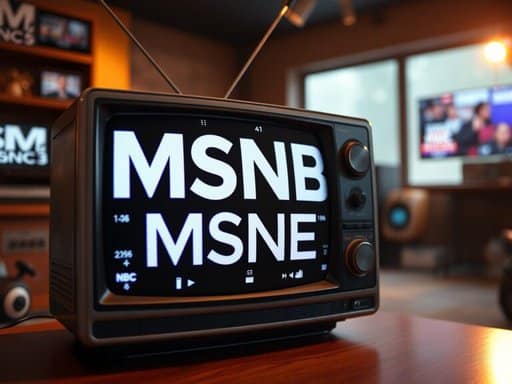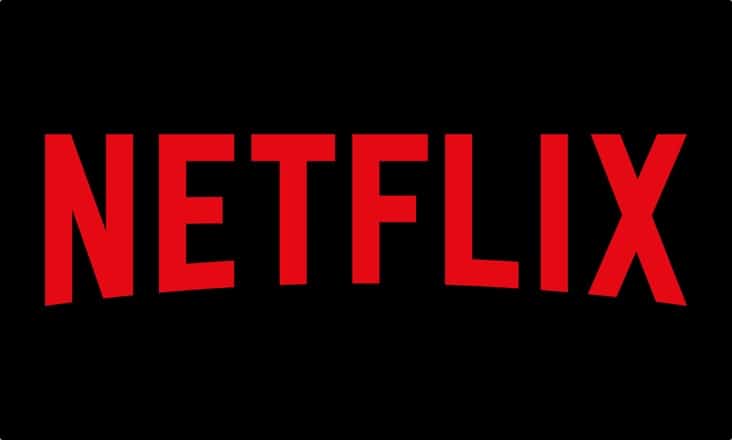
November 23rd 2024: MSNBC is a U.S.-based cable television network known for its news programming and analysis. It has carved a niche as a provider of political and social commentary, often with a progressive viewpoint. Here’s a comprehensive history of MSNBC:
1. Founding and Early Years (1996–2000)
- Launch:
- MSNBC debuted on July 15, 1996, as a joint venture between Microsoft and NBC News. The name “MSNBC” combined “MS” from Microsoft and “NBC.”
- The network aimed to blend traditional television journalism with the emerging internet, offering a unique mix of news and interactive online content through the msnbc.com website.
- Initial Goals:
- It sought to compete with CNN, which dominated cable news at the time, by providing 24-hour news coverage with a tech-savvy edge.
- Programs included breaking news, interviews, and shows like The Site, which highlighted internet culture and technology.
- Challenges:
- MSNBC struggled in its early years to define its identity and attract a sizable audience. Critics viewed it as lacking a clear focus compared to rivals like CNN and Fox News.
AD: DOORDASH save $10 off each of the first three orders for a total of $30 when you use the link https://drd.sh/ocHVpfF0eOAtCRq2
2. Shift Toward Political Programming (2000–2006)
- 2000 U.S. Presidential Election:
- MSNBC gained attention during its coverage of the contested 2000 presidential election, which showcased its ability to handle breaking political news.
- The Fox News Effect:
- The rise of Fox News as a ratings leader in the early 2000s prompted MSNBC to shift its programming toward political commentary, seeking to attract a politically engaged audience.
- High-Profile Hosts:
- The network experimented with various formats and hosts, including Phil Donahue and Jesse Ventura. However, these efforts had mixed success.
- News Coverage:
- Despite struggles in prime-time ratings, MSNBC became known for live breaking news coverage, particularly during major events like the September 11 attacks and the Iraq War.
3. Defining a Liberal Voice (2007–2010)
- Rise of Progressive Commentary:
- By the mid-2000s, MSNBC found a niche as a progressive-leaning network, differentiating itself from the conservative-leaning Fox News and the centrist CNN.
- The hiring of Keith Olbermann (Countdown with Keith Olbermann) marked a turning point. His show’s criticism of the Bush administration resonated with left-leaning viewers.
- Prime-Time Success:
- Following Olbermann’s success, the network expanded its lineup with shows hosted by Rachel Maddow, Chris Matthews, and Ed Schultz. These programs emphasized political commentary and analysis from a progressive perspective.
AD: Get $20 off your first Walmart Plus order after signing up, click link for more information. Save $20 off Walmart Plus link.
4. Digital Growth and Obama Era (2010–2016)
- Digital Integration:
- With the growing importance of digital platforms, MSNBC worked to integrate its content across cable and online mediums. The msnbc.com website became a significant part of its strategy for reaching younger, tech-savvy audiences.
- Obama Presidency:
- During Barack Obama’s presidency, MSNBC’s viewership grew, as it appealed to audiences supportive of the administration’s policies.
- Rachel Maddow emerged as one of the network’s biggest stars, known for her in-depth reporting and engaging analysis.
- Challenges:
- Critics accused the network of becoming overly partisan, with some alleging that it mirrored Fox News in its ideological alignment but from the opposite end of the spectrum.
5. Reinvention and Trump Era (2016–2020)
- Trump Presidency:
- The election of Donald Trump brought a surge of viewership to MSNBC as audiences turned to the network for critical coverage of the administration.
- Programs like The Rachel Maddow Show and Morning Joe (hosted by Joe Scarborough and Mika Brzezinski) became focal points for news and political discourse.
- Ratings Surge:
- MSNBC saw significant ratings growth during this period, often ranking second behind Fox News in the cable news ratings battle.
- It capitalized on major political stories, including the Russia investigation and the impeachment proceedings against Trump.
- Focus on Journalism:
- In addition to opinion shows, MSNBC emphasized investigative reporting, with contributions from NBC News correspondents and journalists.
AD: Here’s 20% off + FREE SHIPPING at Purchasing Power. They sell 40,000+ brand-name products through paycheck deduction with no credit check. Hope you find what you’re looking for! CLICK FOR MORE INFO.
6. Challenges in the Biden Era and Current Focus (2020–Present)
- Post-Trump Landscape:
- With Donald Trump out of office, MSNBC faced a decline in ratings, a challenge experienced by many cable news networks. The network had to recalibrate its strategy to retain viewers.
- Leadership Changes:
- Rashida Jones was appointed as MSNBC’s president in 2021, becoming the first Black woman to lead a major cable news network. She aimed to strike a balance between opinion programming and hard news coverage.
- Prime-Time Adjustments:
- With Keith Olbermann and Chris Matthews no longer part of the lineup, the network leaned further into Rachel Maddow’s prominence, though her decision to scale back her on-air appearances created challenges.
- New faces, such as Mehdi Hasan and Jonathan Capehart, were introduced to diversify the programming.
- Streaming Expansion:
- MSNBC has focused on streaming, offering content through platforms like Peacock, NBCUniversal’s streaming service, as audiences shift away from traditional cable TV.
Legacy and Impact
- MSNBC has established itself as a major player in cable news, known for its progressive commentary and robust political analysis.
- It played a crucial role in the digital news revolution by integrating online platforms with its television programming.
- While often criticized for its ideological slant, MSNBC remains a trusted source for millions of viewers seeking in-depth reporting and commentary on American politics and global affairs.
Today, MSNBC continues to navigate the evolving media landscape, balancing its core political identity with the challenges of a digital-first world.




